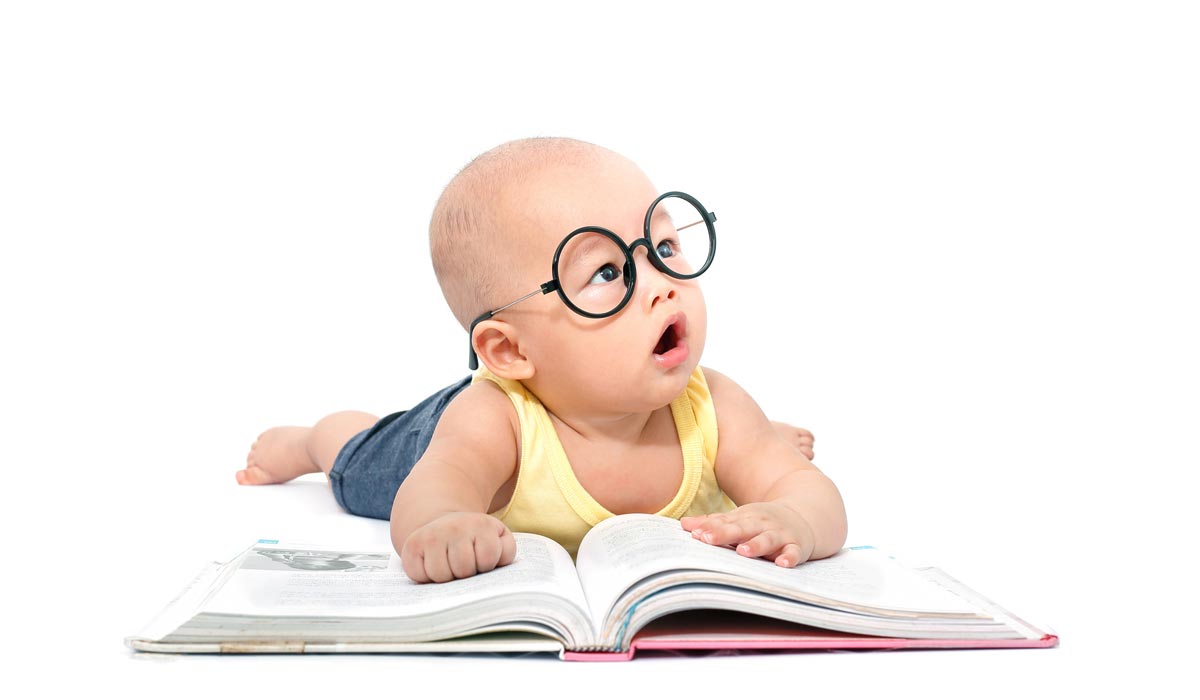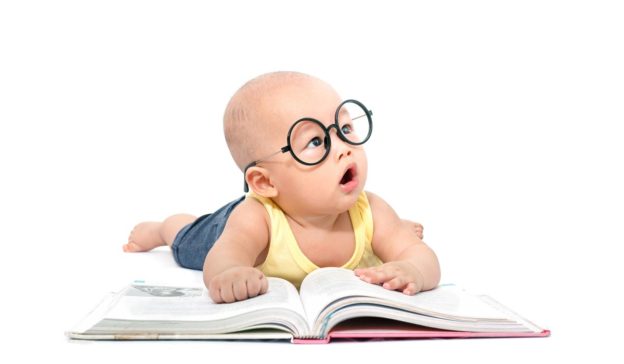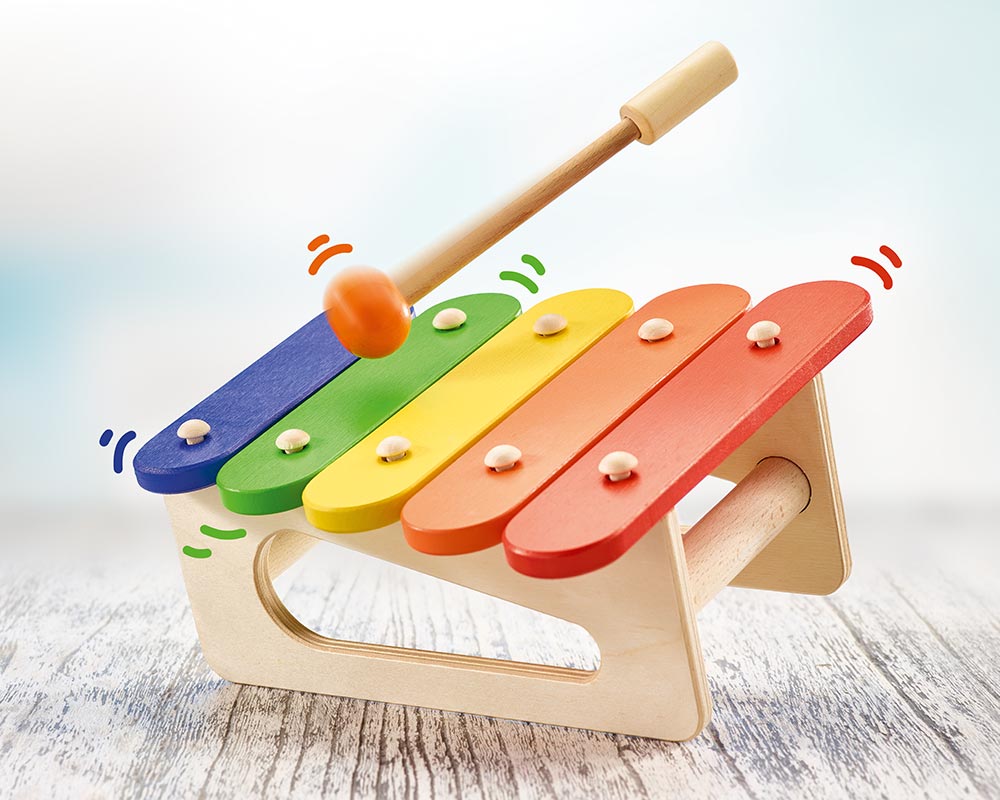Parents naturally question how intelligent their child is. But what precisely is “intelligence”? And why are there not just one, but as many as nine different types of intelligence?

Intelligence is the sum of different abilities
For most people, intelligence is primarily a number: the intelligence quotient (IQ). This was developed at the beginning of the 20th century by French psychologist Alfred Binet. He wanted to show how mental development in children (mental age) relates to chronological age. Nowadays IQ is determined by IQ tests in a form that has been refined. People with an IQ between 116 and 130, for example, are considered to be of above-average intelligence. This is referred to as being intellectually gifted.
But for US American education researcher Howard Gardner, measuring ability solely on the basis of an individual quotient is a big mistake, since for him there is no type of intelligence that is universally applicable to every aspect of life. Instead, he defines it as the sum of a variety of cognitive skills, talents and mental achievements, which he outlines in his theory of multiple intelligences.
Gardner is of the opinion that all people from birth onwards possess a range of abilities which take different forms. He has divided these into nine different areas which can be identified and encouraged, even in children.
1. Linguistic intelligence
This relates to a particular sensitivity to words and language. People with this characteristic possess the ability to deploy language precisely, in order to express themselves or to understand other people. A good memory generally indicates a good command of language. Successful lawyers, speakers, writers and poets usually have excellent linguistic skills. The development of language skills in babies and small children can be fostered early on with colourful picture books.
2. Musical intelligence
People with musical intelligence demonstrate a particular feel for harmony, tone, intonation and rhythm. Encouraging musical skills in children can also influence other areas of intelligence, which has a positive impact on learning at school. If you often sing songs to your baby, or let your child play with toys that produce sounds, this area can be stimulated. And who knows, maybe one day they will become a musician or composer.
3. Logical-mathematical intelligence
This form of intelligence is defined as the ability to recognise abstract relationships and to use these systematically to solve problems. Children displaying logical-mathematical intelligence are good at evaluating, remembering and using numbers and statistics. It is this which is understood as the true form of intelligence. This characteristic is of particular use at school, and is crucial for future mathematicians, programmers and scientists. Even from the age of four, children can learn to connect quantities and numerical values through playing with, for example, the Selecta Numero tile-based game.
4. Spatial intelligence
The definition of spatial intelligence is the ability to perceive content which is presented visually and to create an image of this in one’s head. Visual-spatial ability is especially important for sculptors, surgeons, chess players, engineers, graphic designers and architects.
This form of intelligence is increasingly well trained through accumulating life experience. It can be encouraged early on through play, for example with puzzles and toys containing multi-dimensional elements, such as Selecta’s motor skills toys.
5. Physical-kinaesthetic intelligence
This form of intelligence is defined as the ability to use the body or individual body parts for activities or for problem solving. People with this characteristic acquire physical skills particularly fast and are often athletes, dancers, actors or even craftspeople or surgeons. Every child is born with the desire to move around, so you should encourage this urge with play, for example with a colourful wooden pull-along toy.
6. Intrapersonal intelligence
Intrapersonal intelligence allows a person to recognise and analyse their own feelings, strengths and boundaries. This ability is often pronounced in writers, actors and artists.
7. Interpersonal intelligence
Traits marking out interpersonal intelligence include the ability to understand the interests, goals, motivation and feelings of other people. People with high interpersonal intelligence are often extremely good mediators or teachers. Those with this form of intelligence find it particularly easy to communicate and collaborate with others in groups and in the working environment. It is also referred to as social intelligence.
8. Naturalistic intelligence
People with this form of intelligence possess the ability to differentiate and classify elements in nature. They have a strong need for order in their environment. Children with this characteristic can be recognised, for example, by the fact that they like to be outdoors and to systemise areas of nature. Natural scientists, environmental specialists, vets and chefs in particular need this skill.
9. Existential intelligence
Asking questions about human existence, understanding these and being able to think them through are indications of existential intelligence. Questions posed are mostly those such as “What is the meaning of life?”. Young people going through puberty are particularly sensitive to such issues.





